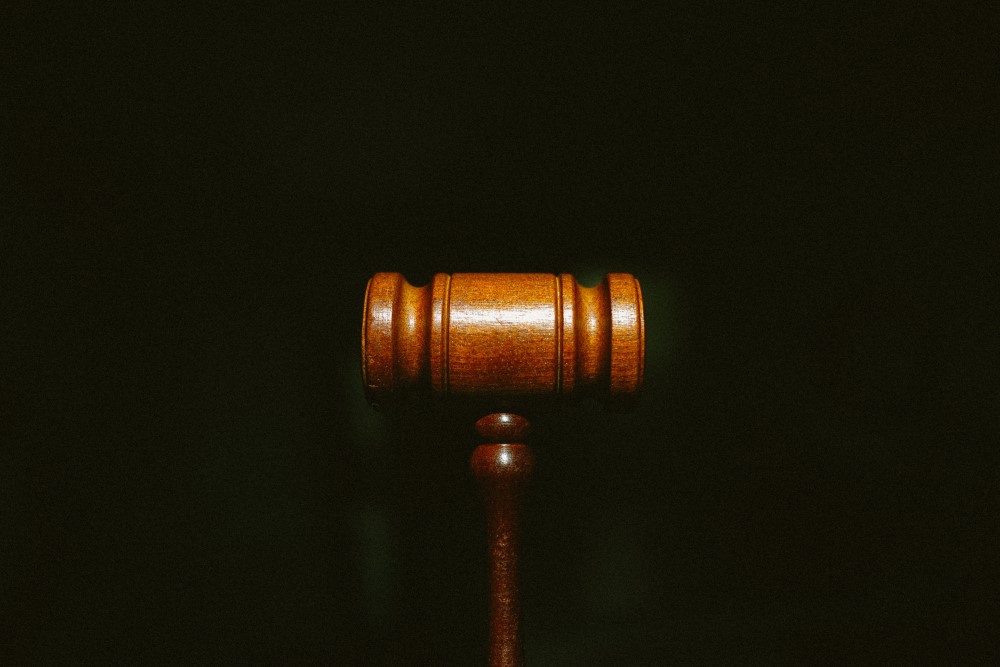
Note: When exercising the authorities and powers of the Fire Safety Act, I recommend referencing the Fire Safety Act directly and/or seeking direction from the Saskatchewan Public Safety Agency.
Over the past number of years, I have had the opportunity to speak with many local authorities, fire chiefs and town administrators about fire inspections and the Fire Safety Act. Many were unaware of their responsibilities, authorities, and powers under the Act. I’d just like to touch on this subject and provide a brief summary of some of the relevant provisions in the Act.
Pertinent Definitions
“Local Assistant” means:
- with respect to a municipality that has a fire department, a fire chief or acting fire chief;
- with respect to a municipality that does not have a fire department; the administrator or clerk of the municipality; or
- any other person appointed by the municipality in consultation with the fire commissioner; or
- with respect to a local authority that is not a municipality, a prescribed person.
*The local assistant to the Saskatchewan Fire Commissioner is either the fire chief, administrator or clerk of the municipality, or any person appointed by the municipality.
“Local Authority” means:
- a municipality or a council of a municipality; or
- any prescribed authority or body
“Fire Inspector” means a provincial inspector, a local assistant or a municipal inspector.
“Municipal Inspector” means a person who is appointed in writing by a local assistant for a municipality to act as a municipal fire inspector for the municipality for the purposes of this Act.
“National Fire Code” means the edition of the National Fire Code of Canada adopted in the regulations of the Fire Safety Act.
“Imminent Risk” means an imminent risk of a fire, emergency or other danger that, in the opinion of a fire inspector on reasonable grounds, threatens persons, property or the environment and requires the response of a fire department or the provision of fire department services.
“Private Dwelling” includes:
- Any land on which a private dwelling is located or any outbuilding or premises that is located on the same property as a private dwelling but does not include any part of that land, outbuilding or premises that:
- is not being used as a private dwelling or is not enclosed within the private dwelling; and
- is being used to carry out a commercial operation
A private dwelling also includes:
- foster care homes and alternative family care homes.
The Fire Safety Act, as a whole, provides the necessary authorities and powers for municipalities to protect persons, property and the environment within their jurisdictions.
Powers and Duties of Local Assistants and Municipal Inspectors
Every local assistant shall:
- administer and enforce this Act within the local assistant’s jurisdiction; and
- perform any other duties and may exercise any other powers that may be delegated to the local assistant by the fire commissioner.
General Powers
Fire Inspectors
In addition to exercising the powers conferred, and fulfilling the duties imposed by the Fire Safety Act on fire inspectors, a fire inspector may aid in the enforcement of any Act, regulation or bylaw.
Inspections
- Where a land or premises is open to the general public, a fire inspector may, without a warrant, at any reasonable time, enter on any land or into any premises for the purposes of conducting an inspection for the purposes of monitoring compliance with this Act, the regulations or any order made pursuant to this Act or a bylaw passed pursuant to this Act.
- Where the land or premises is not open to the general public, before entering on land or into a premises, the fire inspector shall:
- make reasonable attempts to notify the owner or occupant of the purpose of the entry, if the owner or occupant is present at the time of the entry; and
- on the request of the owner or occupant, produce identification.
- For the purposes of making an inspection, a fire inspector shall not enter a private dwelling without a warrant unless the owner or occupant consents to the entry.
- If a fire inspector has reason to believe that an imminent risk or condition exists creating a danger on any land or in any premises, the fire inspector may without warrant:
- enter on to any land or into any premises; and
- take any precautions or measures needed that the fire inspector considers necessary for the immediate protection of persons, property or the environment against the risk. This may also include the evacuation or closure of any premises or any land.
In closing, I’ve summarized some of the provisions in the Fire Safety Act that provide the needed authorities and powers for fire inspectors to conduct inspections to enforce the National Fire Code and local fire bylaws. The Fire Safety Act, as a whole, provides the necessary authorities and powers for municipalities to protect persons, property and the environment within their jurisdictions.


2 Responses
Fire safety code violations of a public small community school in an isolated northern Saskatchewan community. I’ve informed the superintendent of my concerns last year about the matter of sprinkler heads painted throughout the school hallways. This violation falls under NFPA 13 section 6.2.6 states;
6.2.6.2.2 Where sprinklers have had paint applied by other than the sprinkler manufacturer, they shall be replaced with new listed sprinklers of the same characteristics, including orifice size, thermal response, and water distribution.
This small town community school has 2,000 students and staff. Would this be a legitimate concern because I for one feel that where students and small children go it would be a great concern.
Hi Nathan, thank you for the inquiry. Your concern has merit.
An additional requirement:
NFC 2015 Division B:
Section 6.4. Water-Based Fire Protection Systems
6.4.1. General
6.4.1.1. Inspection, Testing and Maintenance
1) Water-based fire protection systems shall be inspected, tested and maintained
in conformance with NFPA 25, “Inspection, Testing, and Maintenance of Water-Based
Fire Protection Systems.”
When was the last inspection and testing of the school’s sprinkler system completed by a qualified person?
Are you the local fire chief?
Please feel free to reach out to me. I would like to discuss this issue with you.
Phone: 1-306-773-1991